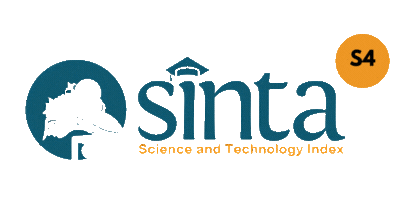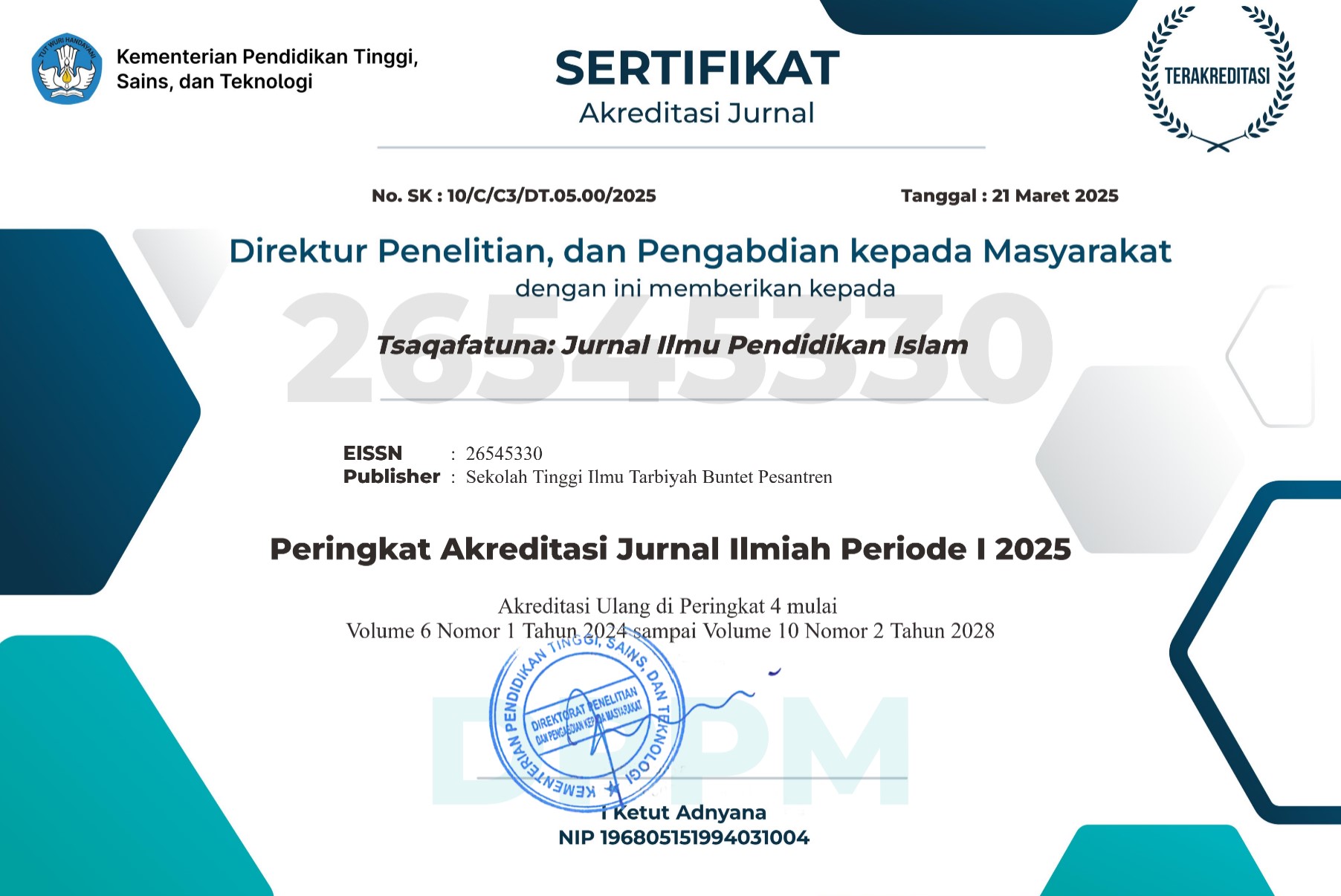Pembebasan Kaum Perempuan dalam Tradisi Pendidikan Islam: Analisis Historis dan Kontemporer
DOI:
https://doi.org/10.54213/tsaqafatuna.v6i1.391Abstract
This research explores complex issues related to Islamic education, social transformation, and gender inequality in society. The method used in this study is the literature review method, which is data collection by identifying relevant literature and then analyzed. The results of this research found that Islamic education not only contains religious aspects, but also reflects long socio-cultural dynamics. Problems such as slavery, colonialism, and power hegemony also influenced the complexity of Islamic education, with acculturation of values extending to various parts of the world. In addition, various views on the backwardness of women from the Structural Functionalism school to Marxist and Socialist feminism provide diverse insights. The importance of critical reflection on the values and practices of Islamic education is also highlighted in creating an inclusive society that supports gender equality. Although the concept of equality between women and men exists in Islam, social reality often does not reflect it, with strict social restrictions, especially regarding the role of women in society. However, views such as those expressed by Mernissi and Islamic historians show that women have equal rights and potential, prompting the need for a review of religious interpretations to create a more inclusive understanding and support gender equality.
Keywords : Education, Women, Gender











